
A refugee from Venezuela who was forced to hide his sexuality for more than a decade due to the country’s laws, and underwent conversion therapy from the age of 12, having to snap a rubber band on his wrist “every time (he) had a homosexual thought”, has since settled in the UK and wants to “give a voice” to under-represented communities through photography.
Joel Rodriguez, 33, a photographer and director who splits his time between Peterborough, in Cambridgeshire, and London, was born and raised in Venezuela in a Christian household.
From a young age Joel “knew (he) was different” – and at about seven years old he noticed he had developed “a curiosity towards people of the same sex” and he told his parents.
Joel felt guilty and “sinful” for having these feelings and about five years later he was taken to a Christian psychologist to undergo what he now realises was conversion therapy.
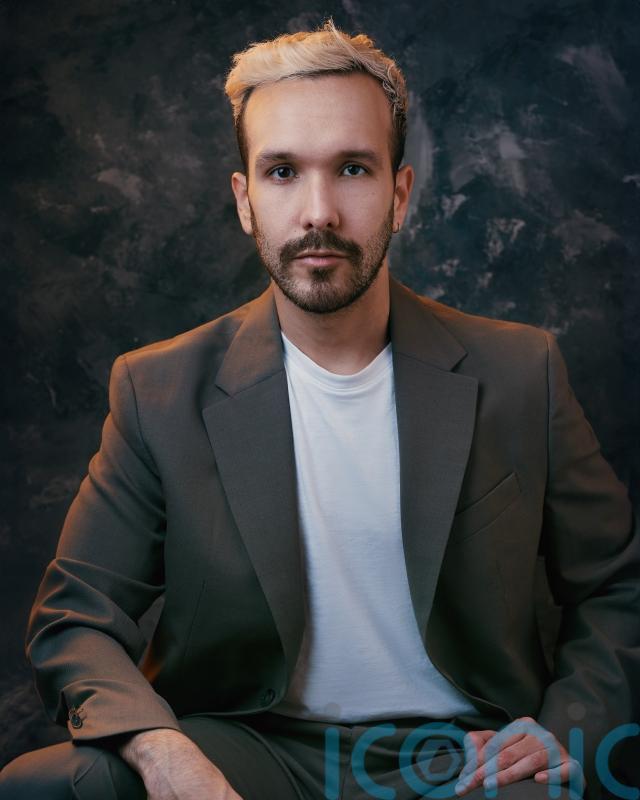
“I just wanted to get fixed so I thought, ‘this sounds amazing, I’m finally going to get the treatment I need’, however, I didn’t really know what was coming,” he told PA Real Life.
The then 12-year-old had conversion therapy for several years, which involved attending traumatic “sexual deviation sessions” once a week, group discussions called “born again” meetings, and completing homework – part of which involved him snapping a rubber band against his wrist to stop homosexual thoughts from “festering” in his mind.
Other tasks would involve him reading and learning verses of the Bible and repeating them “over and over”, and he was banned from spending time with others who might be homosexual.
“I remember it got to a point where I thought, ‘I don’t really want to carry on going, I’ll literally do anything’,” he said.
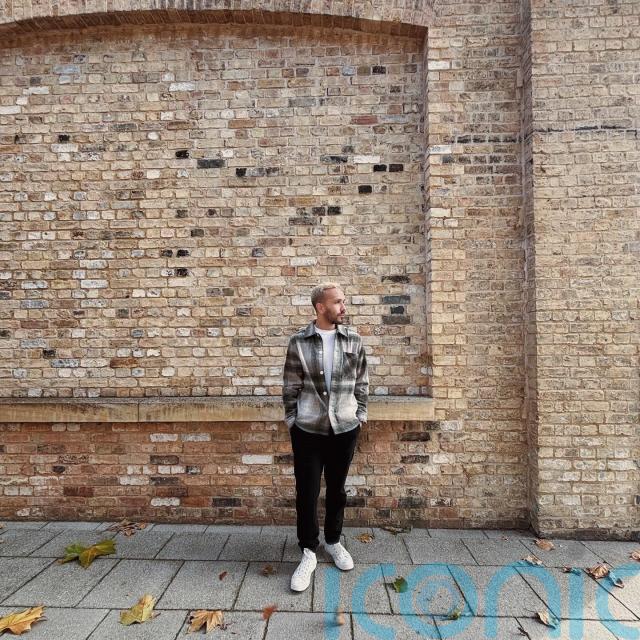
Joel’s parents agreed to stop the sessions, but since he did not want to disappoint them he said he “pretended” to have an interest in women and lived “a double life” for years.
A chain of events led Joel to claim asylum in the UK, aged 24, and he received refugee status in 2017. He has rebuilt his life, found love and pursued his passion for photography.
He has worked on many projects, including Migrant Help’s Sharing Hope campaign, which features other refugees and was launched to celebrate the charity’s 60th anniversary this year.
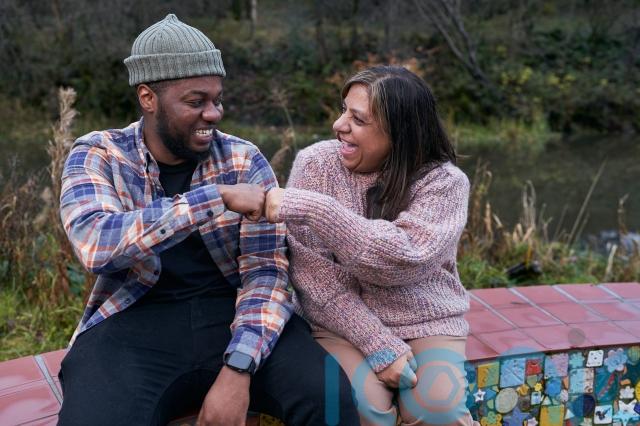
Having lived in the UK for nine years now, Joel said he did not realise what it was like to have an inclusive health system where he can “donate blood as an LGBTQ+ person”, express himself freely in terms of his sexuality and the way he dresses and behaves, and have the rights and opportunity to marry someone he loves, or adopt a child.
“It’s so important to have representation and voices that will hopefully change how we perceive the world,” Joel said.
“No matter your age, I think you should always talk, you should always express how you feel, and you should never give up, and that’s the massive difference I see within me.
“I’m not afraid any more as I can finally just be myself.”
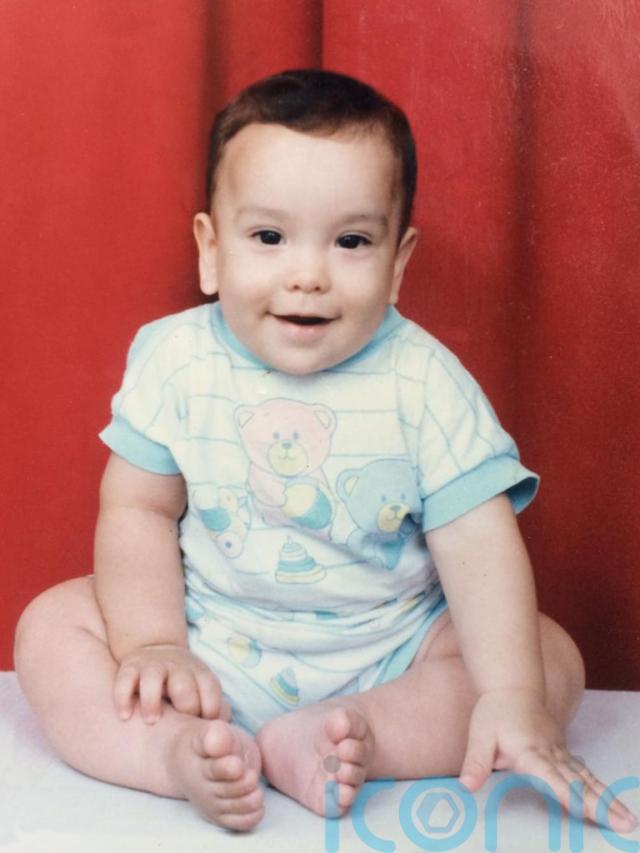
When Joel, who identifies as a cisgender gay man, told his parents about the “strange” and “foreign” feelings he was having at the age of seven, he said his mother “burst into tears”.
Intense questioning followed, asking “what the attraction was”, but she later hugged him, saying “Everything is going to be OK, we will get help”.
Joel said his parents’ actions “came from a place of love as they did not know what else to do”, but he said misinformation and ignorance led to damaging consequences.
“I felt different, I felt weird, I felt sinful, and most of those feelings were related to my religious upbringing, which was really hard for me to shake off,” he said.
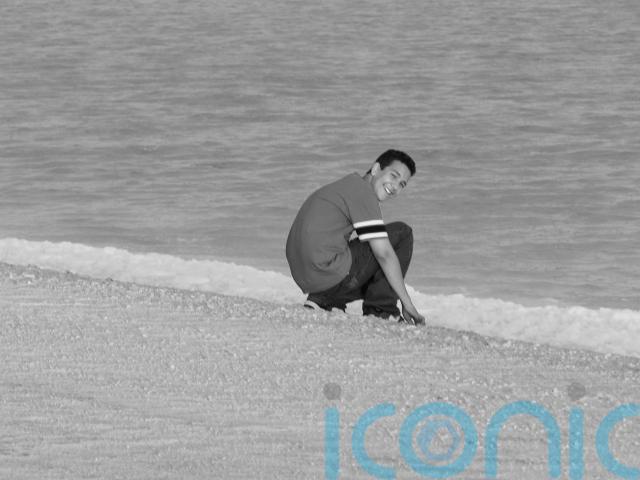
At the age of 12 Joel was taken to a Christian psychologist – and to this day he remembers the first session, where he was given a guide, “vividly”.
Joel said: “He explicitly said what homosexuals do, why it’s dangerous, and why I shouldn’t engage with those feelings, because otherwise I would probably end up catching Aids and die.
“For a kid to hear all of that, I thought, ‘oh my gosh, I don’t only feel guilty for these feelings, I feel dirty’.”
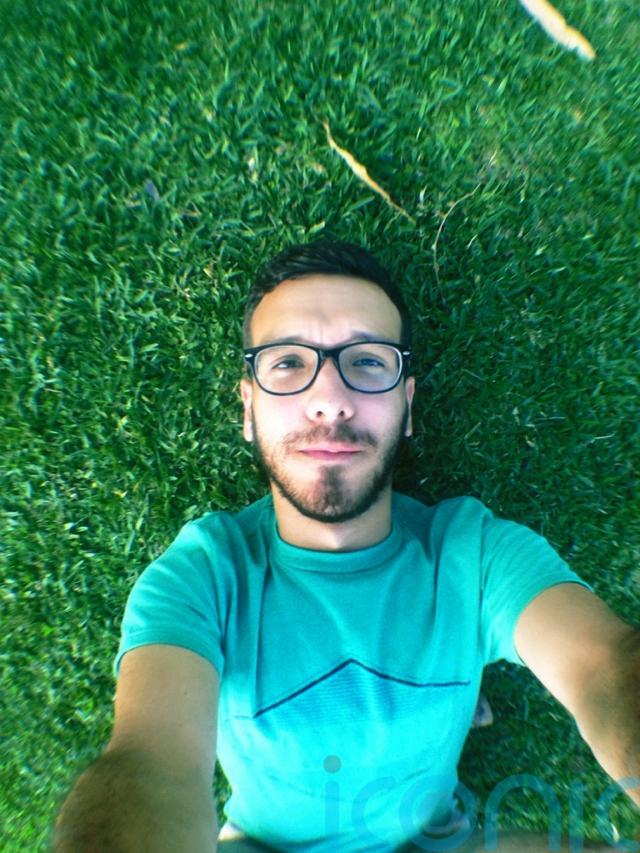
Joel said the psychologist suggested the reason he was having homosexual thoughts was because he was sexually abused and molested as a child, or because his father was “submissive”.
While Joel knew this was not the case, ultimately he said he felt he “needed to do this to get better and feel normal”, and he carried on attending the sessions for several years.
“Sometimes I would cry myself to sleep because I was praying to God, saying, ‘just get rid of this, just make me straight, please’, but it wouldn’t help,” Joel said.
“I was just disappointed in myself and ashamed and embarrassed that I was going to be a disappointment to my family as well.”
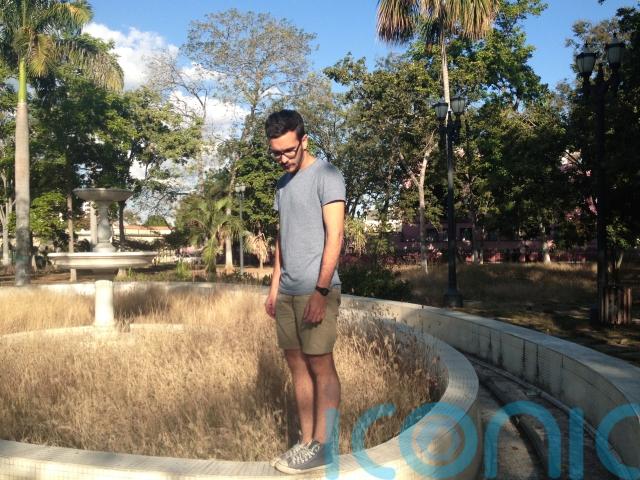
These feelings of isolation and fear were compounded by “Venezuelan culture”, as he said he was unable to walk alone on the streets due to fears of physical violence.
He said there is “no protection for the LGBTQ+ community” and any evidence of homosexuality would lead to “retaliation”.
Joel had secret relationships with other men, including one that was long-distance, but he said he was forced to break up with them when his family found out.
In his early 20s, he said he “spiralled into depression”, did not want to leave the house and he contemplated suicide – but connecting with others online and photography helped him.
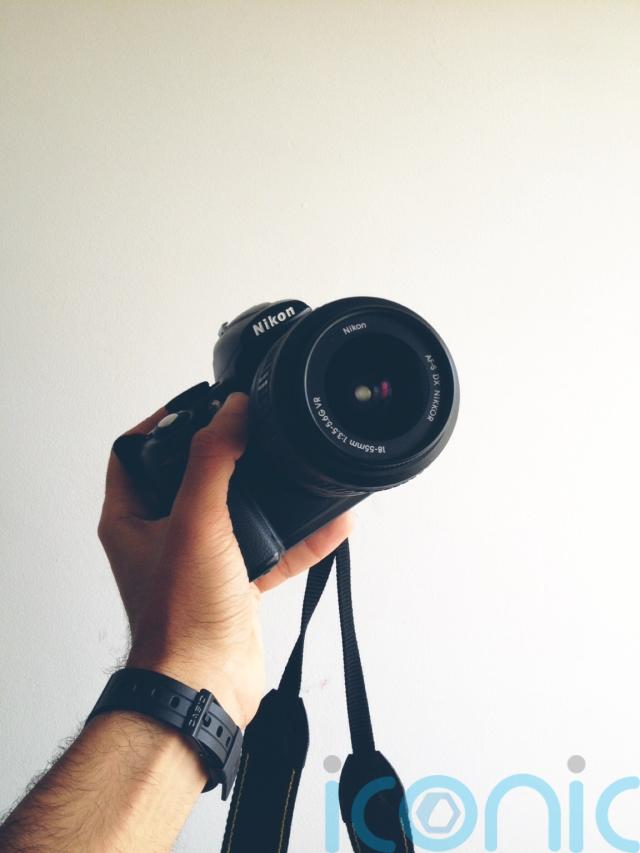
“This was my little secret and I really just needed to survive,” he said.
“I used tools like the internet and my love for photography to meet new people and talk about my feelings, and to feel normal for once.”
Joel said a chain of events forced him to seek asylum elsewhere, which was “the hardest decision”, and he came to the UK in 2014, aged 24, and became a refugee.
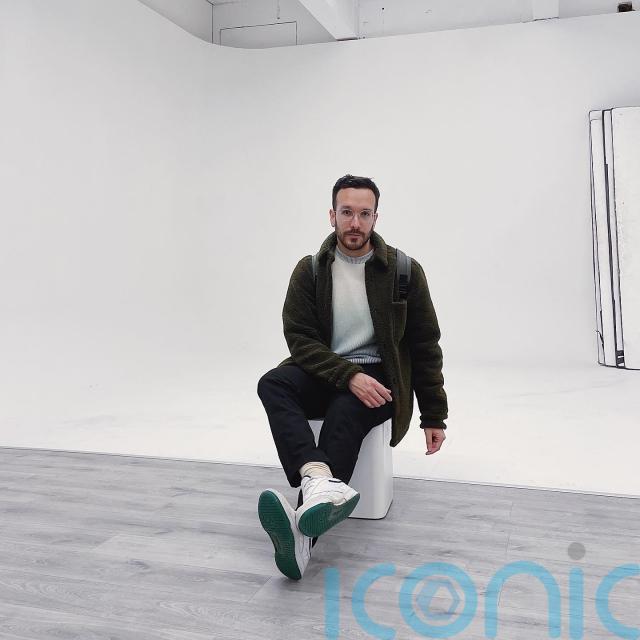
He said his mental health soon improved and he could finally be himself, feeling a “freedom” he had never experienced before, adding: “I felt embraced and part of a society.”
Joel has always loved documenting people and “giving a voice to those who need it most” through his photography, and this led him to work on Migrant Help’s Sharing Hope campaign.
It showcases the journeys that refugees, people seeking asylum, and survivors of slavery undergo, and highlights the charity’s dedicated advisers who have supported them as they navigate their new lives in the UK – and with this, Joel aims to change people’s perception and break the stigma.
Joel, who is applying for UK citizenship, said he wants to continue creating awareness of “different subjects, countries, societies, and cultures” through photography.
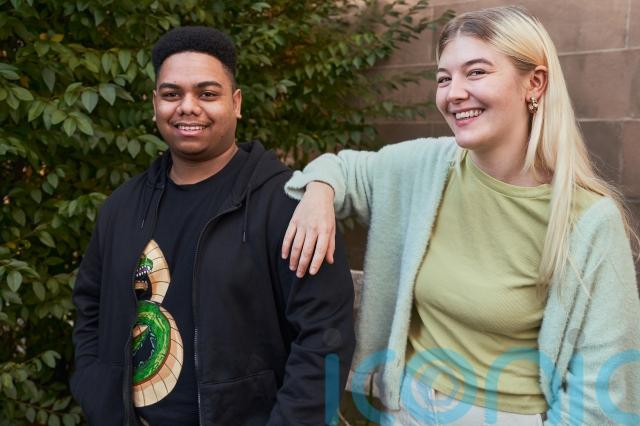
“No matter where you’re from, sometimes you experience the same difficulties and struggles that another person from another country or place is experiencing,” he said.
“Having the opportunity to have representation through photography, and to show what (refugees) actually do and what they do for society, means so much.
“Working on this campaign meant I could not only get to meet these people, but also give that voice and inform all of us that, actually, refugees are just people like you and I.”
To find out more about Joel and his photography, visit his website here: JOLRO.com, or his Instagram page here: instagram.com/JOLRO
To find out more about Migrant Help, visit its website here: migranthelpuk.org
For mental health support, contact the Samaritans on 116 123, email them at jo@samaritans.org, or visit samaritans.org to find your nearest branch, and for LGBTQ+ support and information, visit Micro Rainbow’s website here: microrainbow.org
Subscribe or register today to discover more from DonegalLive.ie
Buy the e-paper of the Donegal Democrat, Donegal People's Press, Donegal Post and Inish Times here for instant access to Donegal's premier news titles.
Keep up with the latest news from Donegal with our daily newsletter featuring the most important stories of the day delivered to your inbox every evening at 5pm.